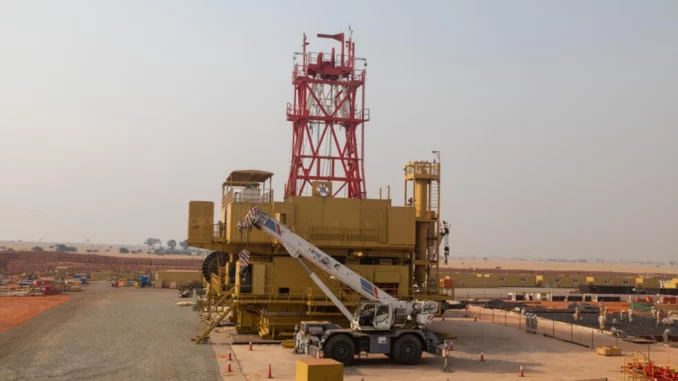
TotalEnergies’ oil megaproject in Uganda is a “disaster” for the population, “has devastated the livelihoods of thousands of people” and “will contribute to the global climate crisis”, deplored Human Rights Watch (HRW), calling for it to be halted.
Last year, TotalEnergies announced a $10 billion investment agreement with Uganda, Tanzania and the Chinese company CNOOC, including the construction of a 1,443-kilometer pipeline (EACOP) linking the Lake Albert oil fields in western Uganda to the Tanzanian coast on the Indian Ocean.
However, the project has met with opposition from environmental activists and groups who believe it threatens the region’s fragile ecosystem and the people who live there.
According to HRW, the project “impoverishes thousands of people” and will displace more than 100,000. EACOP “has led to food insecurity and household indebtedness, contributed to children dropping out of school and is likely to have devastating effects on the environment”, continues the NGO in a report based on more than 90 interviews, including with 75 displaced families in five districts of the East African country.
The oil project is “a disaster for the tens of thousands of people who have lost land that provided food for their families and income to send their children to school, and who have received inadequate compensation from TotalEnergies”, says Felix Horne, environmental researcher at HRW, in the report, before continuing: “EACOP is also a disaster for the planet and the project should not go ahead”.
In a response, the oil giant stated that it was “untrue” that the project would displace hundreds of thousands of people, saying: “A total of 775 households, or around 5.000 people, will be relocated nearby and in better conditions on the 5.600 hectares acquired”.
